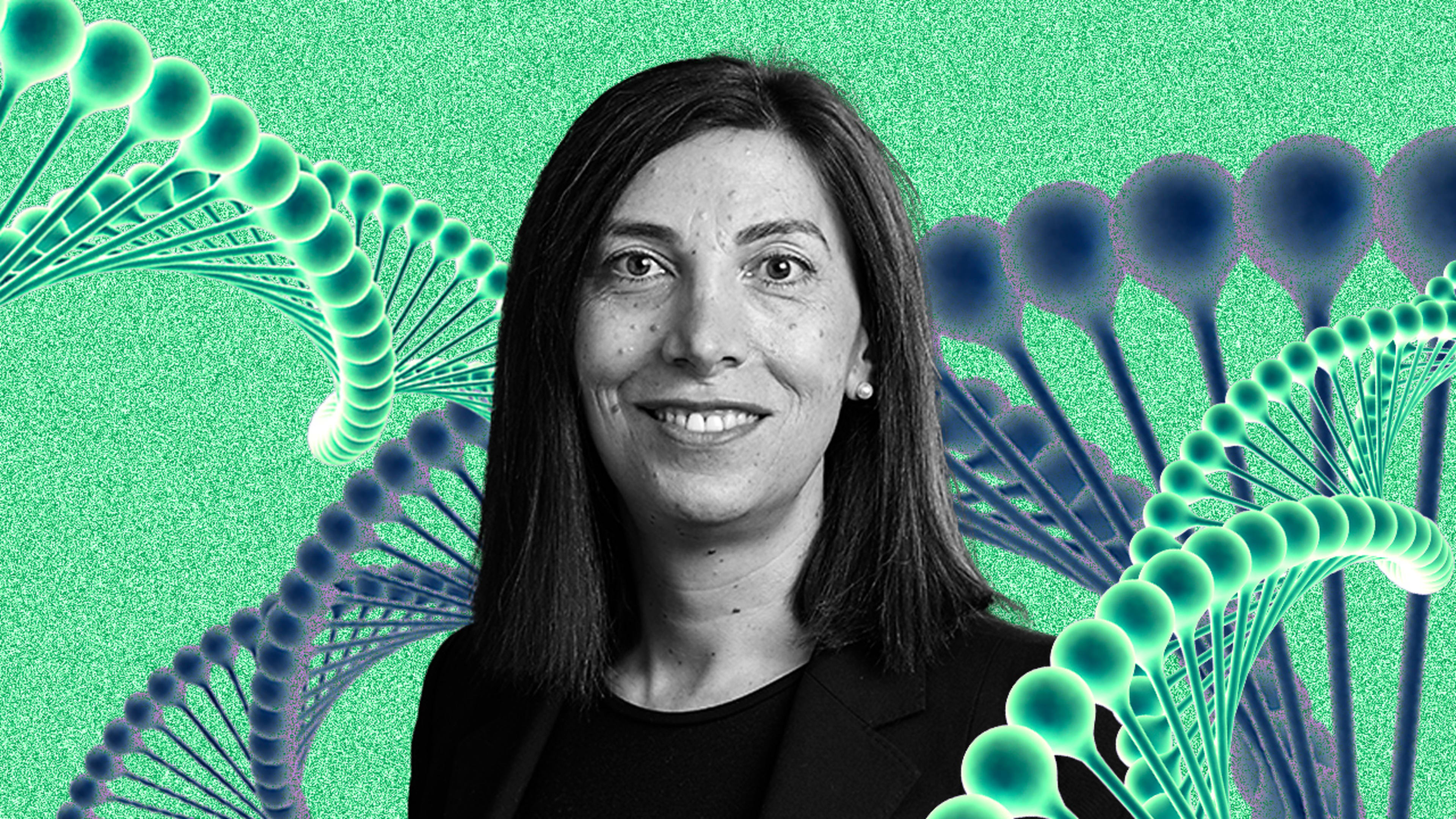One of the keys to combating COVID-19—and its variants—is the ability to study its genome and conduct tests on it at scale. And key to this effort is synthetic DNA.
Founded in 2013, Twist Bioscience is a pioneer in this field. It has developed a method of affordably writing DNA on silicon chips, which can be used by researchers in therapeutics and precision medicine, agricultural, and biomaterials.
When COVID-19 hit last year, Twist adapted its technology to develop a synthetic control version of the virus, which has been used by numerous labs to create and validate tests for COVID-19 and its variants. This earned Twist a place on Fast Company’s list of the 10 Most Innovative Biotech Companies of 2021. But the applications of Twist’s DNA go far beyond COVID-19, from fighting cancer to storing episodes of your favorite Netflix show.
On this week’s Most Innovative Companies podcast, Twist Bioscience cofounder and CEO Emily Leproust talks about how her company is empowering the entire ecosystem of synthetic biology, which is booming. Last year, investors poured nearly $8 billion into related companies.
“Synthetic biology companies use our DNA to do cool stuff,” says Leproust. “We provide the picks and shovels, and our customers are digging for gold.”
According to her, we are only just beginning to see the world-changing potential of research conducted with synthetic DNA. She describes how cancer treatment has moved from using the same drugs to treat everyone to the precision medicine of today, where therapeutics are tailored to the gene that’s driving the cancer.
“The next phase, which is going to be enabled by synthetic DNA, is personalized medicine, where they actually look at your own mutation. You’re the only one to have that mutation, and you’re going to be the only one to get that drug that’s going to make you better,” she says. “We have an opportunity for the first time, to think that cancer could become a chronic disease.”
Twist is also championing the use of DNA as a data-storage device. The company partnered with Netflix last August to store an episode of the show Biohackers using Twist’s synthetic DNA. According to Leproust, DNA is not only stable forever (unlike hard drives and tape), it’s also very dense. “You could put all the information on the internet in a shoe box. You can have hundreds of Google data centers in a sugar cube,” she says. “And because it’s dense, you don’t need to have a massive electrical bill to keep everything cool, so it’s very sustainable.”
Right now, the cost of DNA-based data storage is too high for widespread adoption, though Leproust promises her company is a “few years away” from making it commercially competitive.
She’s also bullish on the potential for biomaterials produced with Twist products. She cites the ability of labs to use synthetic genes to manufacture spider silk on a near-industrial scale. “I think that over the next decades, every piece of plastic we use is going to be replaced with protein, [which] can be engineered to have any features you want,” such as transparency, flexibility, and strength.
Leproust ultimately envisions a world filled with “amazing” applications of synthetic biology. They will be so commonplace that “nobody will know that it’s synthetic biology that enables [them],” she says. “Nobody will know that Twist made the DNA, but that’s fine.”
You can listen and subscribe to Most Innovative Companies on Apple Podcasts, Stitcher, Spotify, or wherever you get your podcasts.
Recognize your brand’s excellence by applying to this year’s Brands That Matter Awards before the early-rate deadline, May 3.
